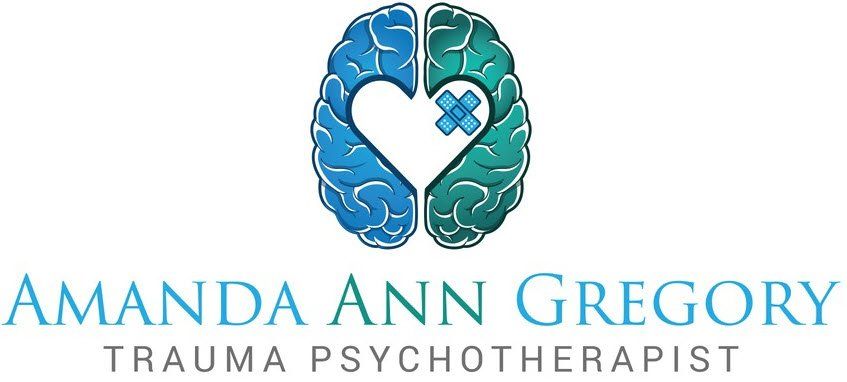Blog Layout
What are Adverse Childhood Experiences (ACEs)?
Are there certain experiences that can commonly cause trauma responses in children? Yes, and we have identified the most common of these experiences, which are known as Adverse Childhood Experiences (ACEs). In 1995 and 1997, CDC-Kaiser-Permanente conducted a massive study to identify the most common experiences that can cause a child to suffer trauma in childhood and later in adulthood. These experiences- called “ACEs” – have helped adults better understand not only the kinds of traumas to which children are most likely to be subjected, but also their own traumas, since traumas responses we experience as adults are often rooted in our childhoods.
ACEs fall into three categories: 1) Abuse (sexual, physical, emotional), 2) Neglect (physical, emotional), 3) Household Challenges (parental conflicts, domestic violence, substance abuse and/or mental illness in the home). The ACE Questionnaire is a 10-item assessment that indicates whether a child has been exposed to ACEs.
Here are items from the ACE Questionnaire:
Abuse
- Did a parent or other adult in the household often or very often…Swear at you, insult you, put you down, or humiliate you? or Act in a way that made you afraid that you might be physically hurt?
- Did an adult or person at least 5 years older than you ever…Touch or fondle you or have you touch their body in a sexual way? or Attempt or actually have oral, anal, or vaginal intercourse with you?
Neglect
- Did you often or very often feel that …No one in your family loved you or thought you were important or special? or Your family didn’t look out for each other, feel close to each other, or support each other?
- Did you often or very often feel that …You didn’t have enough to eat, had to wear dirty clothes, and had no one to protect you? or Your parents were too drunk or high to take care of you or take you to the doctor if you needed it?
Household Challenges
- Did you live with anyone who was a problem drinker or alcoholic, or who used street drugs?
- Was a household member depressed or mentally ill, or did a household member attempt suicide?
- Did a household member go to prison?
Exposure to ACEs can directly impact a child’s physical and emotional development. Children exposed to ACEs are more likely to engage in substance abuse, to smoke tobacco, and to develop COPD. They are also more likely to experience depression and sleep disturbances, to express high-risk sexual behaviors, to participate in intimate partner violence, and to attempt suicide. Recognizing a child’s exposure to ACEs can help us provide appropriate treatment and support to that child and their family.
The ACE Questionnaire is not an inclusive assessment. It does not account for all of the possible events that may cause trauma, and it doesn’t assess resources that may promote resilience in children. This questionnaire also does not take into account stressors outside the home, such as racism and economic disadvantages nor does it take into account access to resources such as community services, government assistance programs, and supportive personal relationships. Therefore, you shouldn’t conclude that a high score on the ACE guarantees that a child has or will experience trauma. Also, it’s important to know that exposure to ACEs itself does not guarantee that a child will be negatively impacted at all. Trauma is not one event or experience; rather, it’s a child’s individualized injury as the result of an event or experience.
Get your Free eBook: 25 Anxiety & Trauma Coping Hacks
Amanda Ann Gregory is a trauma psychotherapist, national speaker, and author who provides specialize speaking engagements for conferences, companies, and communities. Schedule a speaking engagement
and follow on Instagram,
Facebook,
or YouTube.
Anda, R. F., Felitti, V. J., Bemner, J. D., et al. (2006). The enduring effects of abuse and related adverse experiences in childhood. European Archives of Psychiatry ClinicalNeuroscience, 256, 174-186.
Cronholm, P. F., Forke, C. M., Wade, R., et al. (2015) Adverse childhood experiences: Expanding the concept of adversity. American Journal of Prevention Medicine, 49, 354- 361.
Gregory, Amanda (2018) What are Adverse Childhood Experiences (ACEs)? Symmetry Counseling Blog. Retrieved from https://www.symmetrycounseling.com/counseling-chicago/what-are-adverse-childhood-experiences-aces/

By Amanda Ann Gregory
•
20 Apr, 2024
Christianity has never been the prescribed religion of the US. To state that the US is a Christian nation overlooks the rich diversity of religious beliefs and practices that exist and are celebrated in the country. These are six ways in which Christian privilege manifests in the US,
© 2024
All Rights Reserved | Amanda Ann Gregory, LCPC
Design & Consultation by Teresa Lauer, LMHC, GrowYourTherapyPractice.com *

